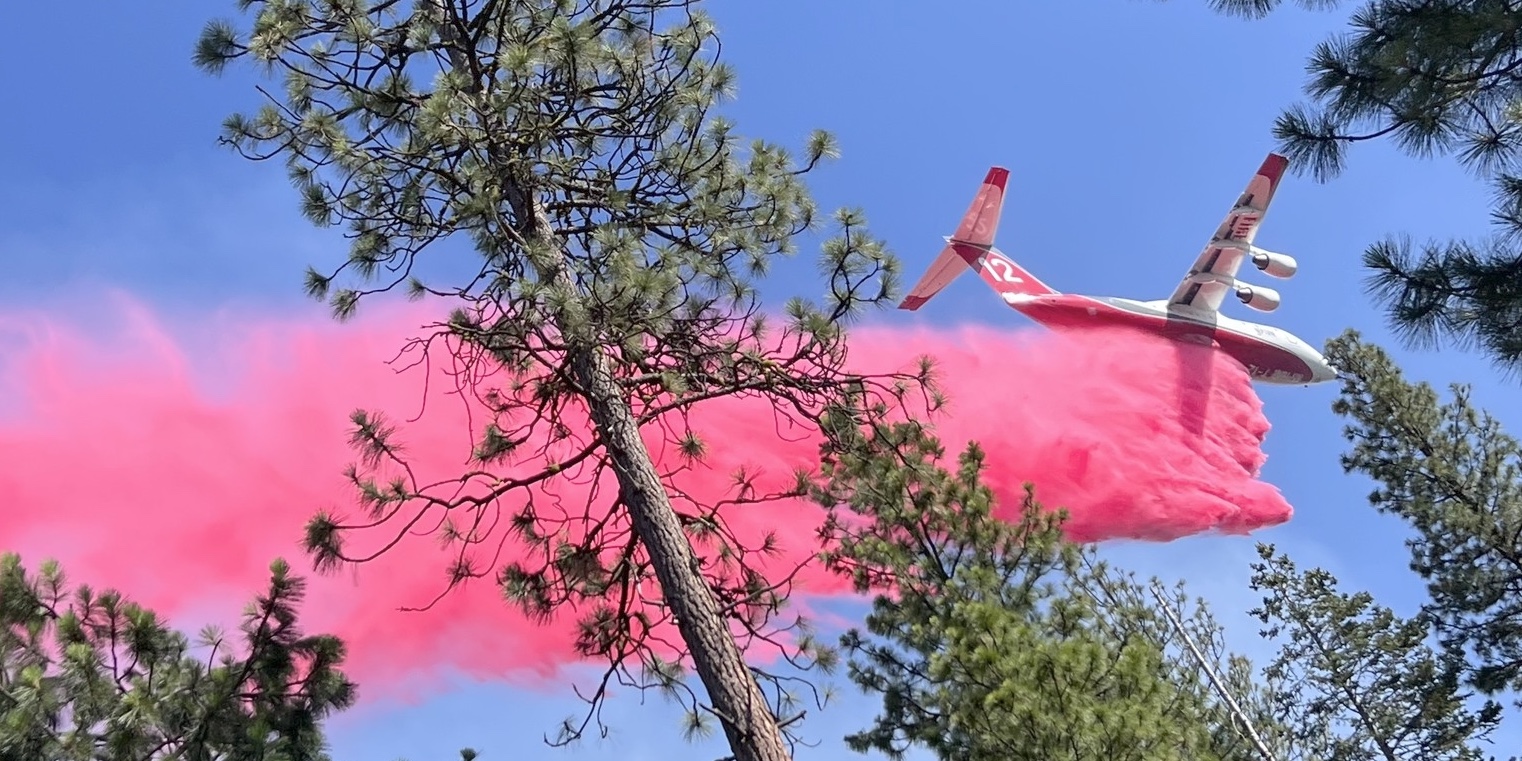Tough winter challenges Idaho wolf collaring project
Published 4:00 pm Friday, May 5, 2023

- A Washington Department of Fish and Wildlife biologist holds a radio collar that wildlife managers use to track wolves. The department has adopted a more restrictive policy on providing collar data to ranchers.
USDA Wildlife Services has put radio collars on 10 wolves this year in Idaho, fewer than planned because of the unusually heavy snow.
Trending
The collars help wildlife managers track the wolves and their packs.
Wolves were collared in four of the state’s game management units combined in southwest and Magic Valley regions, Wildlife Services State Director Jared Hedelius told the Idaho Wolf Depredation Control Board May 4.
Two collars are no longer in operation after one collared wolf was harvested legally and one died of unknown causes, he said.
Trending
The board in November voted to contract with Wildlife Services to conduct winter collaring operations with a goal of collaring 15 to 20 wolves in areas of chronic livestock depredation.
Twelve wolves were collared the previous year in a pilot project with a private contractor. Six of those collars remained in operation as of late last year.
Heavy snow helps crews track and collar wolves, but it also makes coordinating aircraft and personnel more difficult because flights must take place between storms, Hedelius told Capital Press.
“We have to wait for those windows,” he said.
In addition to the winter project, Wildlife Services collars wolves “opportunistically” year-round, often two or three, Hedelius said. In a newer conflict area that does not yet have a radio-collared wolf, for example, a collar may be placed on a captured wolf before its release.
Collaring aims to optimize wolf control and in turn reduce livestock depredation. It helps track the movement of offending wolves, which may travel long distances before returning to certain areas, said Phil Davis, a rancher in Cascade.
The board is funded by the state Department of Fish and Game, the livestock industry and the legislature. Directors of Fish and Game and the State Department of Agriculture co-chair the board.
The board contracts with Wildlife Services to investigate livestock depredations and to conduct control actions. Fish and Game must authorize lethal control actions.
Wildlife Services from January through March conducted nine depredation investigations for nine ranchers in eight counties, Hedelius said. One depredation was confirmed as wolf-caused and one was deemed probable. A year earlier, of the seven depredations investigated, two were wolf-caused.
Fish and Game from January through March 2023 established or extended 17 control actions in response to confirmed depredations of livestock.
Wildlife Services removed 18 wolves to protect livestock, up from 14 a year earlier.







